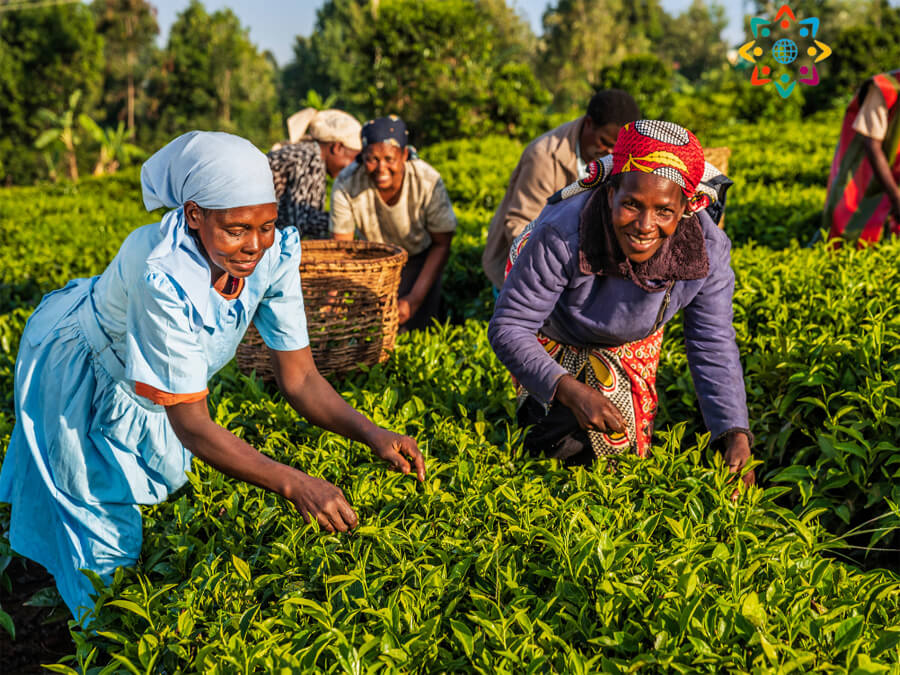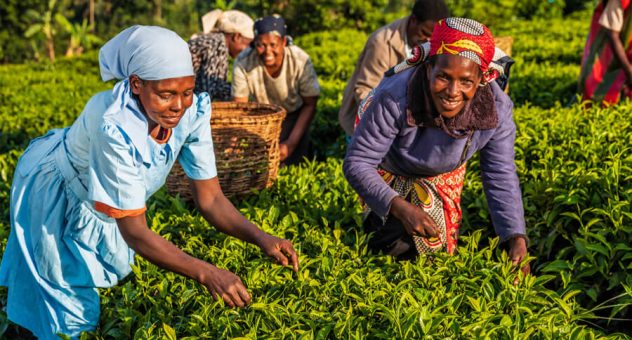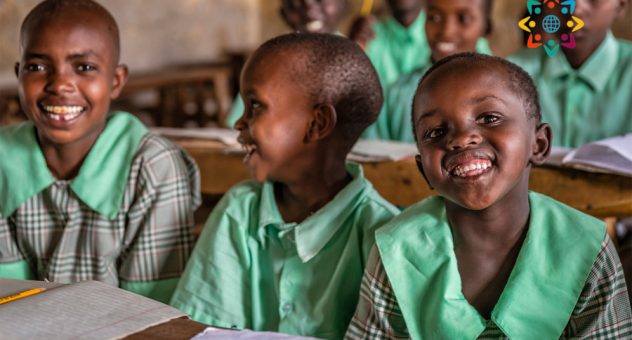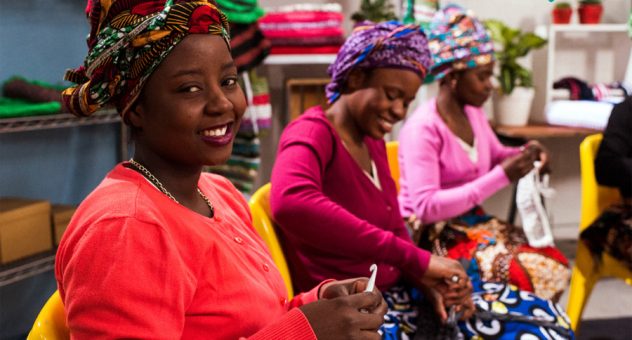
African women’s health is a diverse and complex topic that encompasses a range of issues related to physical, mental, and social well-being. It’s important to recognize that Africa is a vast continent with diverse cultures, socioeconomic conditions, and healthcare systems, so women’s health experiences can vary significantly across different regions and communities. Here are some key aspects to consider:
Maternal Health:
Maternal mortality remains a significant concern in many African countries. Access to quality prenatal care, skilled birth attendants, and emergency obstetric services are crucial for improving maternal health outcomes.
Reproductive Health:
Access to family planning services and reproductive healthcare is essential for empowering women to make informed decisions about their reproductive choices. Challenges may include limited access to contraceptives, cultural factors, and inadequate education.
Infectious Diseases:
The prevalence of infectious diseases, such as HIV/AIDS, malaria, and tuberculosis, can have a profound impact on women’s health. Women may face unique vulnerabilities and challenges related to prevention, treatment, and stigma associated with these diseases.
Non-Communicable Diseases:
As lifestyles change and urbanization increases, the burden of non-communicable diseases (NCDs) like cardiovascular diseases, diabetes, and cancer is growing. Access to healthcare services for the prevention, diagnosis, and management of these conditions is crucial.
Mental Health:
Mental health issues affect women globally, and in Africa, there is a growing recognition of the importance of addressing mental health concerns. Stigma, limited resources, and cultural factors can contribute to challenges in accessing mental health services.
Violence Against Women:
Gender-based violence, including domestic violence, sexual assault, and harmful traditional practices, remains a serious issue affecting the physical and mental well-being of many African women. Efforts to address and prevent violence against women are crucial for promoting health and safety.
Access to Education and Employment:
Social determinants of health, such as education and economic opportunities, play a significant role in women’s well-being. Improving access to education and empowering women economically can positively impact their overall health.
Healthcare Infrastructure:
Disparities in healthcare infrastructure and resources across different regions can affect the availability and quality of healthcare services for women. Improving healthcare systems is essential for addressing women’s health needs.
Governments, NGOs, and international organizations play a vital role in addressing these challenges. Efforts to improve healthcare infrastructure, promote education, empower women economically, and address cultural norms that impact women’s health are essential for advancing the well-being of African women.


